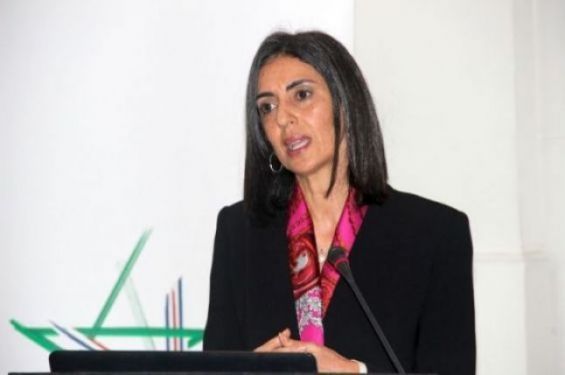To protect businesses in the tourism sector amid the current coronavirus crisis, the Moroccan government has drafted a bill that would allow these companies to transform their reimbursement checks into loan receipts, proposing to customers the same or similar services, MAP reports.
The Tourism Ministry that «took the initiative to introduce this project», explained Nadia Fettah Alaoui, Minister of Tourism, Handicraft, Air Transport and Social Economy. She was speaking during the unanimous adoption of bill 30-20 enacting special provisions for travel contracts, tourist stays and passenger air transport contracts, by the Commission of productive sectors at the House of Representatives.
To her, the provisions of this text allow service providers to reimburse the amounts due to customers through loan receipts in the form of an identical or equivalent service proposal, without changing the prices. But what looks like a favor is actually against the customer who will not be able to ask for a reimbursement of a flight, a trip, a hotel reservation or any other service the company cannot provide, according to the terms of the new law.
Will the pilgrims not be reimbursed?
The bill, the minister pursued, is meant to manage the current situation and «its impact on jobs by reducing pressure on service providers». «It is also about avoiding the risk of bankruptcy, protecting the interests of creditors, stimulating demand and avoiding making future payments in foreign currency», said the minister.
«The adoption of this bill attempts to save companies in the sector threatened with bankruptcy. The ministry aims to implement this legal device in order to to help travel agencies, tourism companies, owners of tourist transport and passenger air transport businesses».
The provisions of this law only apply for a fixed period and relate to travel contracts, tourist stays and air transport contracts scheduled during the period from March 1 to September 30, 2020 and «which were canceled due to the spread of the coronavirus».
If the desire to help businesses in the sector is to be welcomed, should it be at the expense of tourists and other pilgrims who have paid tens of thousands of dirhams? What good would be an «exchanged» service if the tourism business providing it goes bankrupt in the coming months?





 chargement...
chargement...











